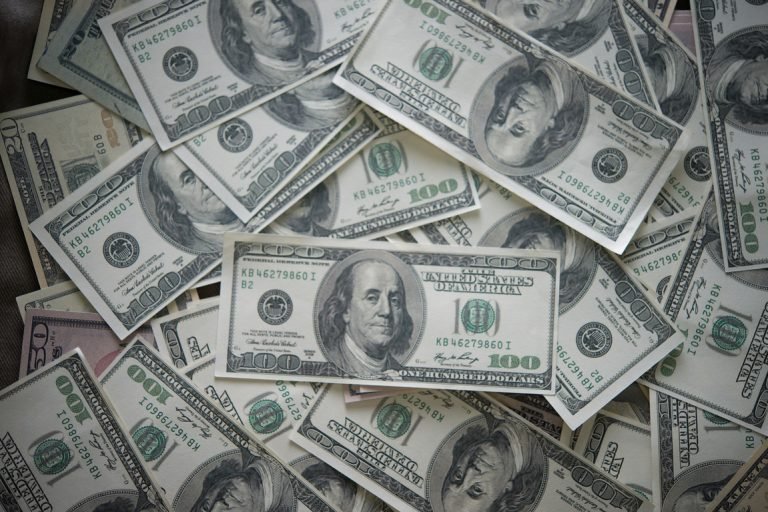Why Don't Countries Print Unlimited Money And Make Their Poor Citizens Rich?

Growing up in a middle-class family, I quickly understood that money is essential for survival. Those who have it in abundance are considered rich, while those who don’t are considered poor. Poor people struggle to fulfill basic needs like rent and food, whereas rich people not only meet their basic needs but also fulfill their desires, such as buying a Lamborghini or going on vacation. This disparity sparked my curiosity as a child, leading me to question why countries don’t print unlimited money to make their poor citizens rich. When I turned 18, I embarked on a journey to find the answer to this question.
What is Money?
Money is an essential part of our lives. It serves as a medium of exchange, a store of value, and a unit of account. In the past, people bartered goods or services to purchase something. Today, we use money for these transactions.
Supply and Demand
Most things in this world are subject to supply and demand, which are inversely proportional. If the supply of a particular good or service increases, its value and demand decrease. Conversely, if the supply is scarce, the value and demand increase. For example, items like gold or a 1962 Ferrari GTO hold high value because they are rare.
Money must also be scarce to be valuable. If everyone had unlimited money, it would lose its value. This concept is essential in understanding why printing more money is not a solution. If a government decides to print more money, the country faces the risk of inflation and, in extreme cases, hyperinflation, which we will discuss in the following paragraphs.
What is Inflation?
Inflation is the rate at which the general level of prices for goods and services rises, and subsequently, purchasing power falls. For example, if the inflation rate is 2%, prices for goods and services will generally be 2% higher than they were a year ago.
What is Hyperinflation?
Hyperinflation is an extremely high and typically accelerating rate of inflation. It quickly erodes the real value of the local currency. A historical example is Germany after World War I. Germany was burdened with enormous debts due to the Treaty of Versailles, which imposed heavy reparations. To meet these financial obligations, the German government decided to print more money. Instead of stabilizing the economy, this led to a drastic increase in the money supply. People had more money, but the amount of goods and services remained unchanged, causing prices to skyrocket.
What Happens When a Country Experiences Inflation and Hyperinflation?
When a country experiences inflation, the general level of prices for goods and services rises, which means that the purchasing power of money falls. Here are some of the effects:
- Decreased Purchasing Power: As prices increase, the value of money decreases. People need more money to buy the same goods and services.
- Cost of Living Increases: Everyday expenses, such as food, rent, and transportation, become more expensive, making it harder for people to afford basic necessities.
- Savings Lose Value: Money saved over time loses its value, discouraging people from saving and potentially destabilizing the financial system.
- Interest Rates May Rise: To combat inflation, central banks might increase interest rates, which can make borrowing more expensive and slow down economic growth.
When a country experiences hyperinflation, these effects are magnified and can lead to severe economic disruption:
- Rapid Price Increases: Prices can increase dramatically within a short period, sometimes even daily, making it nearly impossible for people to keep up.
- Currency Devaluation: The local currency loses its value rapidly, and people may start using foreign currencies or barter goods and services instead.
- Economic Collapse: Businesses may shut down due to the inability to set stable prices, leading to widespread unemployment and economic instability.
- Loss of Confidence: People lose confidence in the currency and the government’s ability to manage the economy, leading to social unrest and political instability.
Is Inflation Always Bad?
Not necessarily. Low and controlled inflation can be good for the economy. Moderate inflation encourages consumers to spend money rather than hoard it. When people expect prices to rise in the future, they are more likely to purchase goods and services now, boosting economic activity. However, maintaining this delicate balance requires careful management by central banks.
My childhood theory to solve poverty by printing unlimited money is flawed. While it might seem like a simple solution, printing too much money leads to inflation and, eventually, economic disaster. This does more harm than good for the country and its people.
